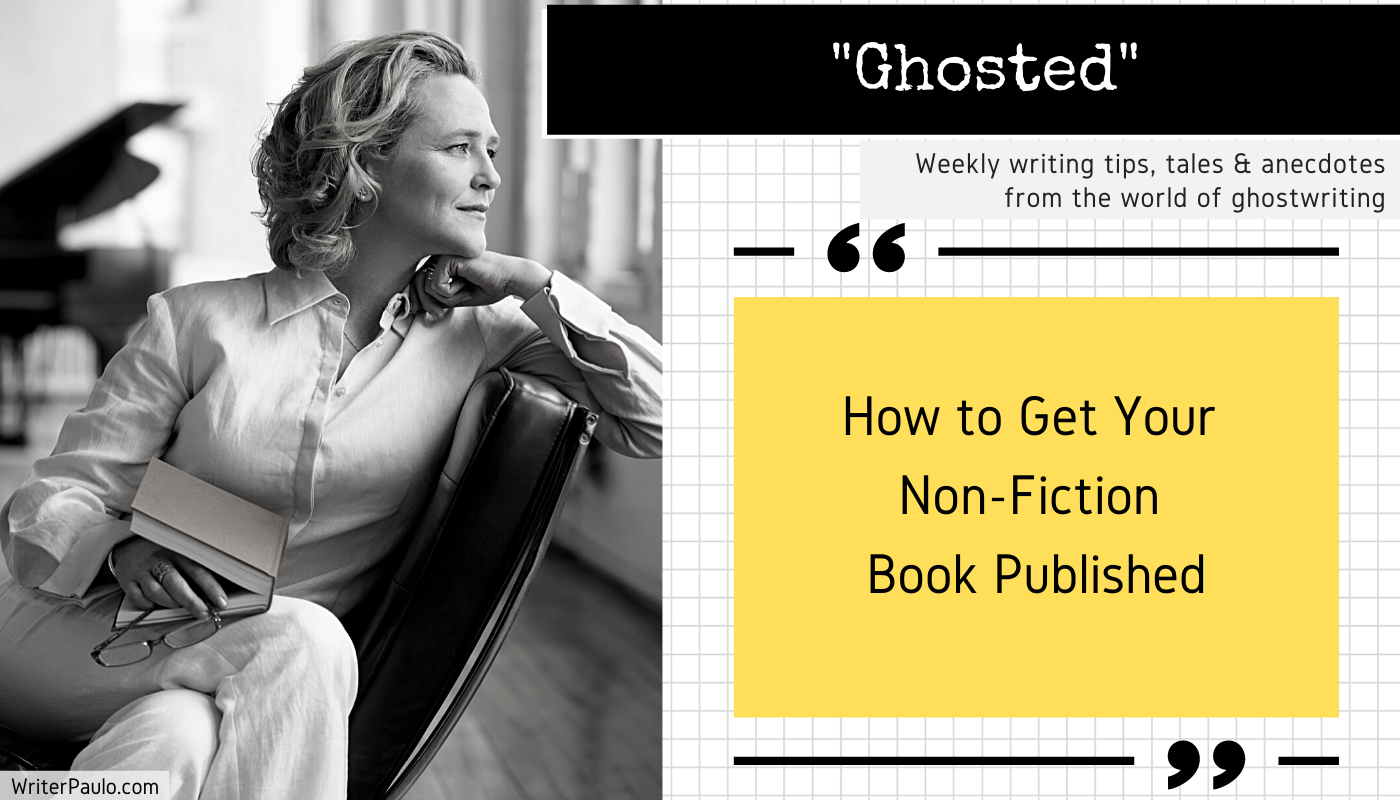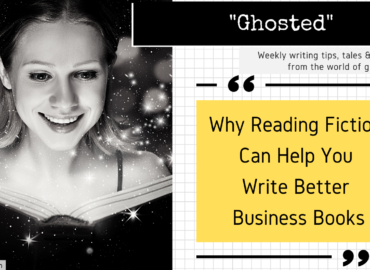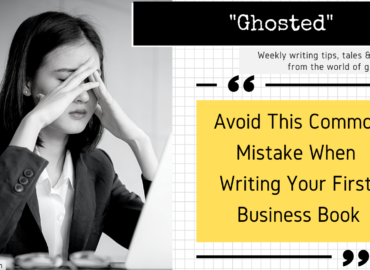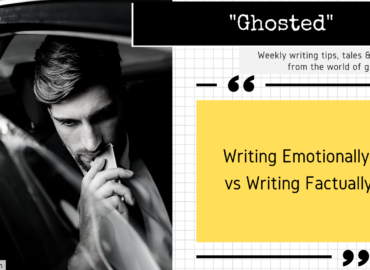I had the pleasure of speaking with a rather humble and extremely informative literary agent this past week. I won’t share his name with you (although he probably wouldn’t mind).
I picked his brain about everything and sundry re getting professionally published — the advances currently being offered, what’s hot, (what’s not), what agents and publishers are looking for, and so on.
I spoke briefly with a few others as well.
Below is a consolidation of what they told me re the non-fiction publishing scene these days, and what agents (and publishers) are looking for.
Author Network
To get published, you need a network that you can promote your book to. “Business people need to get on Twitter.”
For a UK-market, ten thousand followers on Twitter (preferably with some influential followers) is considered respectable.
The US is a much bigger market and would require a network of far more.
Network also applies to your client-base, or anyone else you can leverage to get the word out about your book.
What’s the scene with business books?
Trade business books are in high demand, but not business books aimed directly at the business professional.
“Trade business books” are books with mass appeal — books which don’t really come across as “business” per se.
Think of a book titled “How to Work and Be Happy” compared to one titled “Everything You Need to Know about Running Payroll.”
The former could be a trade business book. The latter, not so much.
Decent advances can be obtained for trade biz books, not really for professional business books. (These are rules of thumb, of course.)
The other thing to know is that the professional business book market is glutted. There are just so many books being written by business professionals.
If you want to get a big contract, you need to have a helluva story/idea or a massive network — preferably both.
Are there still advances? How much advance can people expect?
For “Professional Business Books” the advances are rather dismal.
Trade business books and general non-fiction can command advances of anything from twenty to seventy grand or even more.
US publishers give much higher opening offers than the UK.
Gone are the days of six-figure advances as par-for-the-course.
“As you know,” one agent told me, “the author bio is key in non-fiction.”
Some time ago, another (extremely experienced) agent told me that, unless the author is some Big Name (“Like Bill Gates,” to quote her exactly) then it “needs to be a killer story.”
I was reminded of Andrew Crofts’s ghostwritten book Sold, which became a best-seller even though Zana Muhsen, the author, was an unknown.
That was probably what is meant by a “killer story,” and I think Mr. Crofts did that one on spec. (I don’t recall if that’s correct — he talks about the project in his classic book Ghostwriting but it’s been a while since I read it.)
Why a professional ghostwriter can help smooth the way — a lot.
In fiction, you generally need to have a completed manuscript before approaching an agent. In non-fiction, the negotiation often starts with the pitch and the synopsis — no manuscript in hand.
If you have a “killer story” or one mega-network that you’ve built up, then chances are high that you’ll get a book sold to a publisher for a reasonable advance — provided you get a decent literary agent and can convince them you know how to write!
Although, even if you know how to write, few professionals have the time.
That’s where a ghostwriter comes in handy. (I’m not tooting my own horn. This is a hard fact of publishing. A lot of books are ghosted.) Agents know that when they’re working with an experienced ghost, they’ll get a polished manuscript delivered to them on time.
The world of publishing waits for no one — and certainly not for unknown authors.
If you have a finished manuscript when you approach an agent or publisher, they’re taking less of a gamble on you. But if you don’t have a completed manuscript, part of what you bring to the table is how fast you can deliver, and to what quality.
In this case, ghosts are essential.





